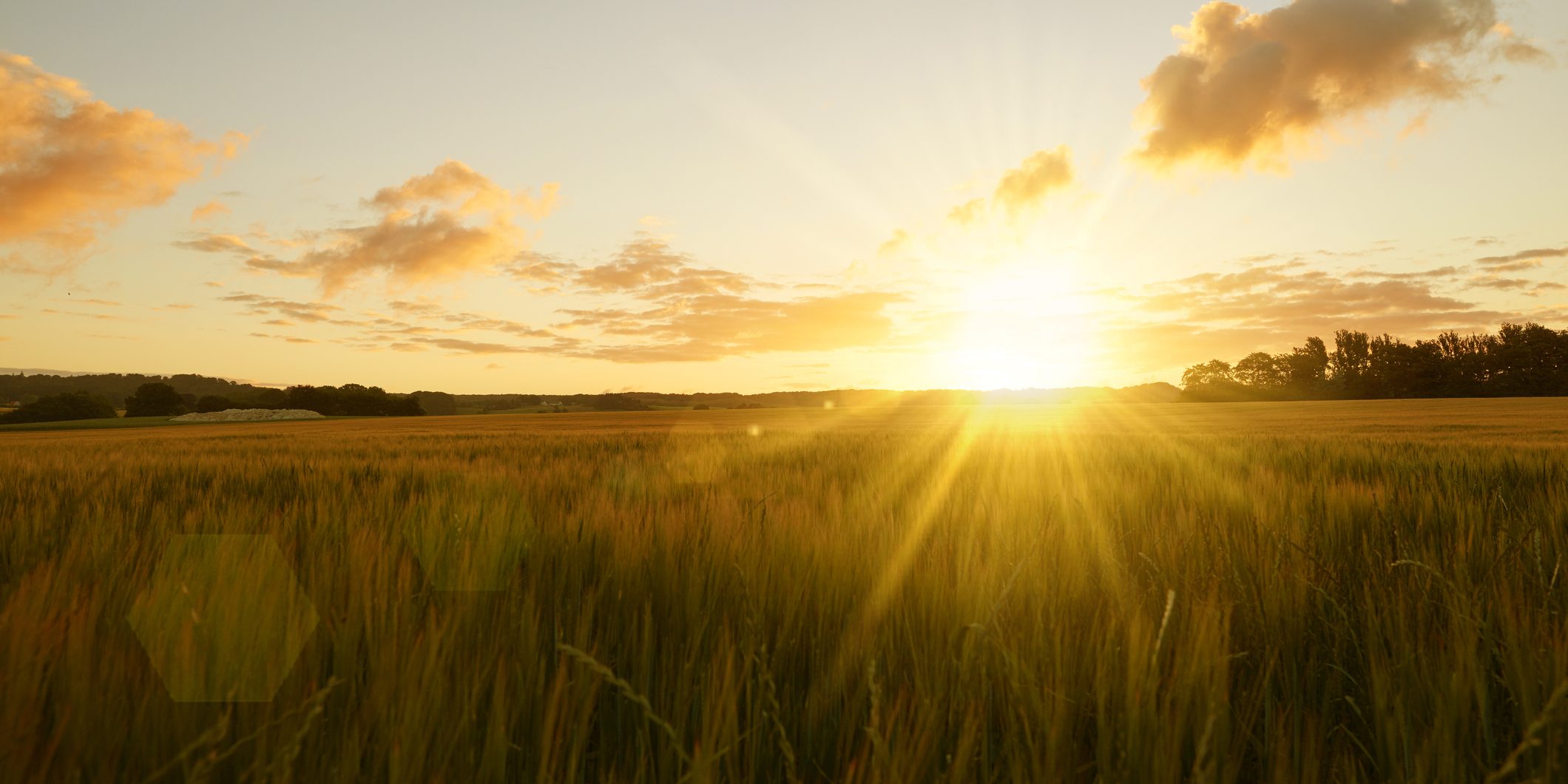“Farm and food security is national security, and good farm policy isn’t written by D.C. bureaucrats for D.C. bureaucrats; it’s written by farmers in rural America for farmers in rural America.”
This powerful statement came from Congressman Brad Finstad (R-MN) during a House Agriculture Committee Hearing on February 14 – laying bare the current reality facing the upcoming Farm Bill.
Rep. Finstad represents Minnesota’s First Congressional District and currently serves on the House Agriculture Committee. He’s also a fourth-generation farmer raising seven kids, the upcoming fifth-generation, with his wife Jackie. So, needless to say – when it comes to smart farm policy, he gets it.
As a farmer, a Member of the Agriculture Committee, and as Chairman of the Subcommittee on Nutrition, Foreign Agriculture, and Horticulture, Rep. Finstad brings a wealth of knowledge to the current Farm Bill debate. The Congressman joined us on the Groundwork podcast this month to discuss the happenings of the 118th Congress, the odds of a Farm Bill in 2024, and more key topics impacting producers across the U.S.
In the midst of the ongoing Farm Bill debate, one thing is clear: Food security is national security, and a strong farm safety net is crucial to protect America’s farm and ranch families.
“[Farm policy] is so important to me and my life’s passion, and that’s agriculture and protecting the family farm and making sure my fifth-generation has the opportunity to take that farm over.” – Rep. Finstad.
It’s no secret that times are tough on the farm. USDA recently projected a steep decline in net farm income in 2024 and producers are facing a slew of issues from high input costs, decreased commodity prices, high interest rates, and more.
Despite the challenges, Rep. Finstad encourages those in and around agriculture to prioritize a positive outlook and support America’s farm and ranch families.
“[To our farmers and ranchers:] thank you for doing more with less. Thank you for taking care of the environment. Thank you for investing personally in precision agriculture tools that have allowed us to use less fertilizer, to produce more crops and more yields,” he said.
The bottom line? Producers need strong farm policies and tools like crop insurance to help manage the countless risks and realities that face them. Rep. Finstad sums it up well: Do no harm to crop insurance. Strengthen the farm safety net.
“[Crop insurance] has been one of those game-changing tools from a risk-management perspective for farmers,” he said, adding that it takes away unpredictability in farm policy and lessens the need for ad hoc disaster assistance – something you simply can’t budget for – and is never used for profit. “[Crop insurance] is an amazing tool, but, God-willing, we never have to use it.”
As a Member of the House Biofuels Caucus, Rep. Finstad has also been a key champion for biofuels and the role agriculture can play in a robust renewable fuels sector. But, Rep. Finstad adds, it’s important that opportunities in the biofuels space are focused on scientific models – like the Argonne National Lab’s ‘GREET’ Model – and not on political whims.
“The renewable fuels industry has been a game-changer in my neighborhood, in ag country and farm county, and, quite frankly, in our country from a national energy policy perspective,” Rep. Finstad said.
The Congressman makes it clear: renewable fuels opportunities put American energy first and provide diversification in farmer’s marketing opportunities.
As we await the next Farm Bill, we are thankful for lawmakers who understand – and are willing to put in the hard work to protect – the vital role that smart farm policies play for producers around the country.
Rep. Finstad puts it this way: “If it was easy work, everyone would do it. But we’re farmers, we’re good at rolling up our sleeves, putting our head down and getting the job done, and that’s what we’ve got to do right now.”
Listen to the entire episode of Groundwork here.

